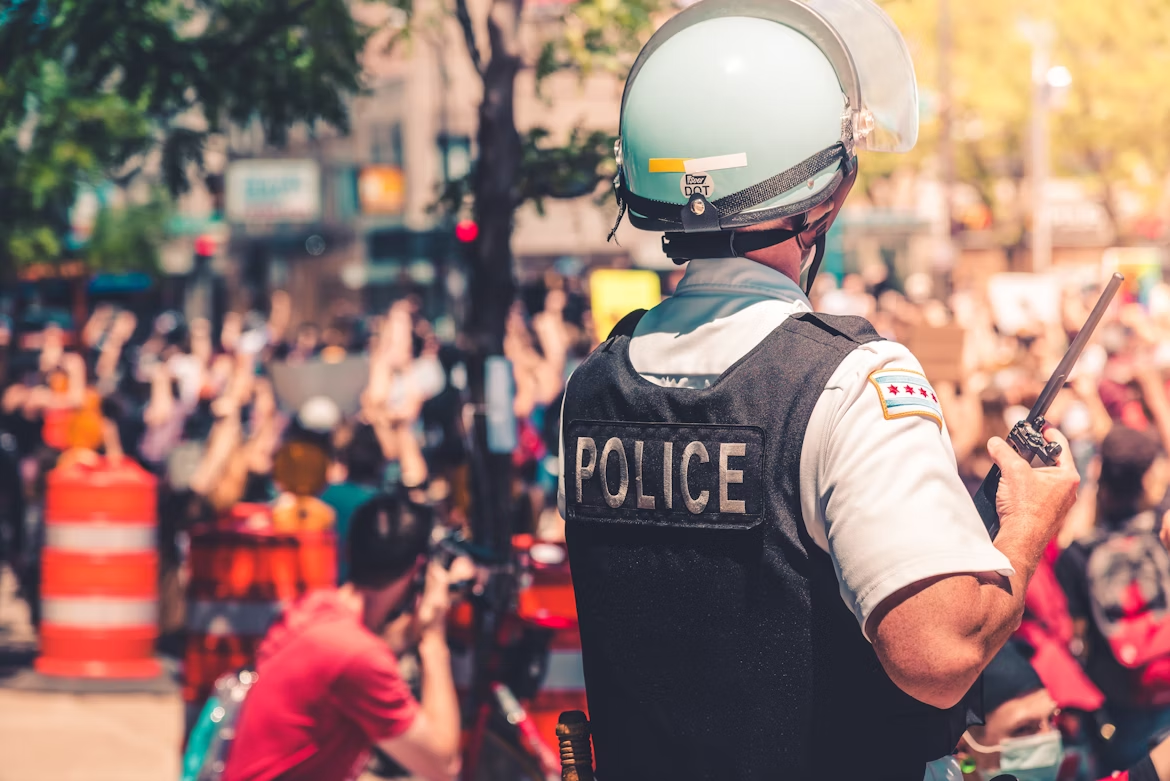
Police corruption and civil rights violations undermine the very essence of law enforcement, leading to a breakdown in public trust and confidence in the justice system. In recent years, instances of police misconduct have sparked widespread protests and calls for reform. To restore faith in policing, departments must actively pursue strategies to reduce corruption and safeguard civil rights. This article outlines key steps that police departments can take to address these issues and promote transparency, accountability, and justice.
Strengthening Oversight and Accountability
A critical step toward reducing corruption and civil rights violations is strengthening oversight and accountability within police departments. Independent oversight boards, consisting of community members and external experts, can help monitor police practices and ensure fairness. These boards should have the power to investigate complaints, recommend disciplinary actions, and ensure that officers are held accountable for misconduct.
In addition to external oversight, police departments should also strengthen internal accountability mechanisms. Internal affairs units should be equipped with the necessary resources and autonomy to investigate allegations of misconduct impartially. These investigations should be transparent, with clear communication to the public regarding outcomes and actions taken.
Comprehensive Training on Ethics and Civil Rights
Training is essential in equipping officers with the skills and knowledge to act ethically and respect citizens’ civil rights. Police officers should undergo regular training on topics such as de-escalation techniques, implicit bias, cultural competence, and the legal limits of their authority. This training should be comprehensive and continuous to ensure that officers are updated on new laws, policies, and best practices.
Officers must also be trained to understand the importance of maintaining human dignity and respecting individuals’ rights, especially during arrests, searches, and interactions with the public. By emphasizing the legal and ethical standards of policing, training can help officers internalize a commitment to justice and prevent violations of civil rights.
Creating a Culture of Integrity and Transparency
To reduce corruption and civil rights violations, it is crucial to foster a culture of integrity and transparency within police departments. Police leadership must lead by example, demonstrating the highest ethical standards and holding themselves accountable for their actions. Leaders should prioritize building a department culture that values honesty, openness, and public trust.
Transparency can be achieved through initiatives such as body-worn cameras, dashboard cameras, and the public availability of police activity records. These tools provide objective evidence of police interactions with the public, helping to protect officers from false allegations and ensuring that any misconduct is documented for investigation. Clear and open communication with the public also helps to build trust and shows that the department is committed to reform and accountability.
Whistleblower Protection and Encouraging Reporting
Whistleblowers play a vital role in exposing corruption and civil rights violations within police departments. To encourage officers to report misconduct, departments must establish strong whistleblower protection policies. Officers should feel safe when coming forward with allegations of wrongdoing, knowing that they will not face retaliation or retribution.
Whistleblower protection programs must be clearly outlined in department policies, and officers should be educated on how to report misconduct anonymously if needed. These programs should offer assurance that officers who report misconduct will be supported, not penalized, and that their reports will be taken seriously and investigated promptly.
Building Stronger Community Relationships
One of the most effective ways to prevent corruption and civil rights violations is through community engagement. Police departments must work to establish positive relationships with the communities they serve. Community policing initiatives, which involve officers engaging with residents, building trust, and addressing local concerns, are essential in fostering a sense of collaboration and mutual respect.
By working alongside community members, police officers can gain a better understanding of the challenges and needs of the neighborhoods they patrol. This not only enhances public safety but also reduces the likelihood of biased or discriminatory practices. Building trust through community engagement is crucial for developing a policing model that is both effective and equitable.
Strengthening Recruitment and Vetting Processes
To reduce corruption and ensure that only qualified individuals enter law enforcement, police departments must strengthen their recruitment and vetting processes. A rigorous selection process, including background checks, psychological evaluations, and interviews focused on ethics and integrity, can help identify individuals who are committed to upholding the law and protecting civil rights.
Police departments should also prioritize diversity in their recruitment efforts. A more diverse police force can help reduce biases, foster better community relationships, and ensure that officers understand and respect the different cultural dynamics within the community. Additionally, a diverse force can provide a broader range of perspectives on issues related to public safety and policing.
Data-Driven Oversight and Monitoring
Leveraging technology and data can enhance police departments’ ability to monitor and address misconduct. Police departments should adopt data-driven tools that track incidents of use of force, complaints of discrimination, and other indicators of potential misconduct. Data analysis can help identify patterns of behavior, such as racial profiling or excessive force, and allow departments to intervene before these issues escalate.
Moreover, data transparency can also foster public trust. By regularly publishing data on police activities and outcomes of investigations, departments can show their commitment to transparency and accountability. Engaging the public with this data can promote further collaboration and support for reform efforts.
Building a Just and Transparent Police Force
Reducing corruption and preventing civil rights violations within police departments is a critical step toward building a more just, equitable, and transparent policing system. It requires commitment from police leadership, officers, and the community. By strengthening oversight, providing comprehensive training, fostering a culture of integrity, and promoting community engagement, police departments can build trust and ensure that their actions align with the values of justice and human rights.
The path to reducing corruption and civil rights violations is a continuous process that requires sustained effort and accountability. By taking these steps, police departments can begin to rebuild public trust and establish a policing model that truly serves and protects all members of the community.